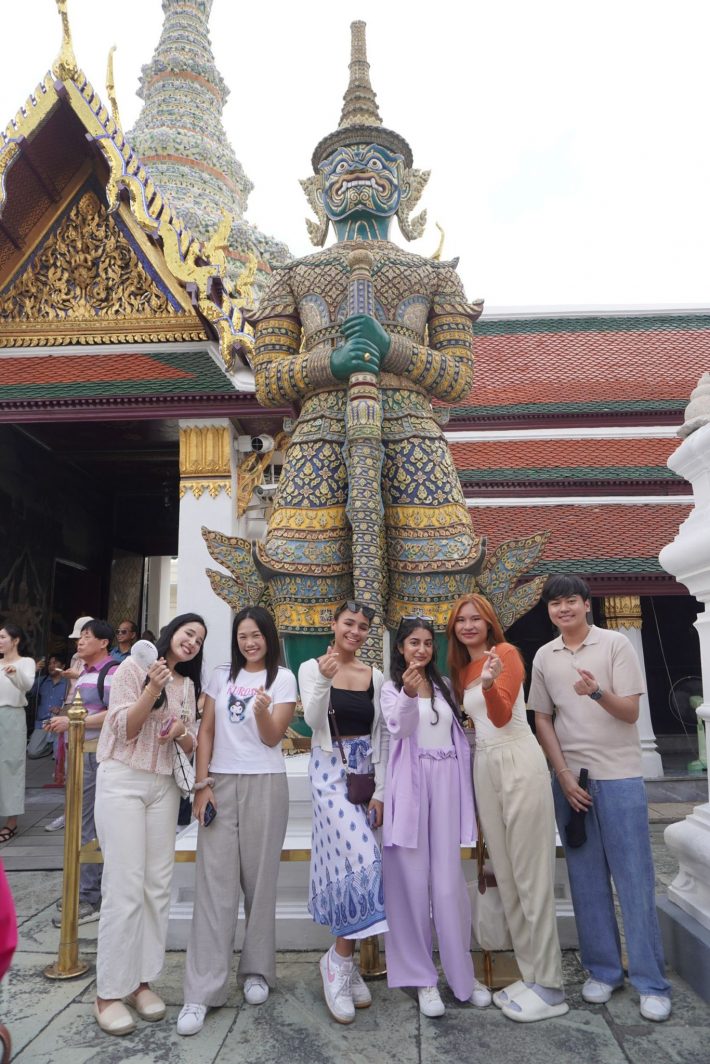From the moment I enrolled in the “Democratic Engagement in an International Context” module, the anticipation of what lay ahead was palpable. Little did I know that this academic journey would unfold into an enriching experience, surpassing my expectations.
The allure of the module extended beyond the prospect of a field trip to Thailand; it was a combination of intriguing concepts and the influence of my association with DEN (Democratic Engagement Network) that drew me in. As a Politics and International Relations student with a hybrid course structure, I found this module to be a breath of fresh air—a departure from the mundane to an engaging intellectual exploration.
Week after week, the classroom transformed into a space where theories, concepts, and practices seamlessly converged. One of the pivotal concepts that left a lasting impact was our exploration of “Unravelling the Notions of Culture”, delivered by Dibyesh Anand. This session sparked a profound discussion, questioning the intricate relationship between culture, identity, and representation. The implications of understanding cultural diversity, especially in international relations, became evident. It was not merely an academic exercise but a crucial insight shaping my approach to global affairs.
Before embarking on the field trip to Thailand, we had the privilege of an online lecture by Professor Nadhawee Bunnag from Kasetsart University. Her insights provided a foundation, preparing us for the cultural tapestry in which we were about to immerse ourselves. With its natural beauty and vibrant culture, Bangkok became a classroom of its own. The significance of this field trip extended beyond sightseeing; it became a tangible manifestation of the theoretical concepts we had studied. The intertwining of theory and real-world experiences increased my understanding of international relations.
The most significant aspect of the module, undoubtedly, was the diversity it introduced—not only in terms of content but also through the varied backgrounds of my fellow students. Engaging with peers from different courses offered a multifaceted perspective that is often missing in the more segmented aspects of my academic program.
As the journey progressed, I found unexpected connections between the cultural landscape of Thailand and my own roots as a British Pakistani. Professor Bunnag’s insights into Thailand’s history and societal intricacies shed light on parallels of colourism, resonating with experiences from my own culture. This realisation went beyond the confines of the module, contributing to a more profound understanding of societal challenges with universal implications.
The module and field trip have become invaluable components in the broader context of my education and course. The insights gained extend beyond the theoretical realm, impacting my approach to international relations, politics, and psychology. Understanding cultural nuances is not just a skill for an international relations student; it’s a life skill that enhances communication and fosters cooperation across diverse landscapes.
Reflecting on this academic journey, I recognise that the module has catalysed personal and intellectual growth. It has not only deepened my understanding of international relations but has also provided a lens through which I view the interconnectedness of cultures. This perspective will undoubtedly shape my academic and personal endeavours moving forward.
Saba Malik
